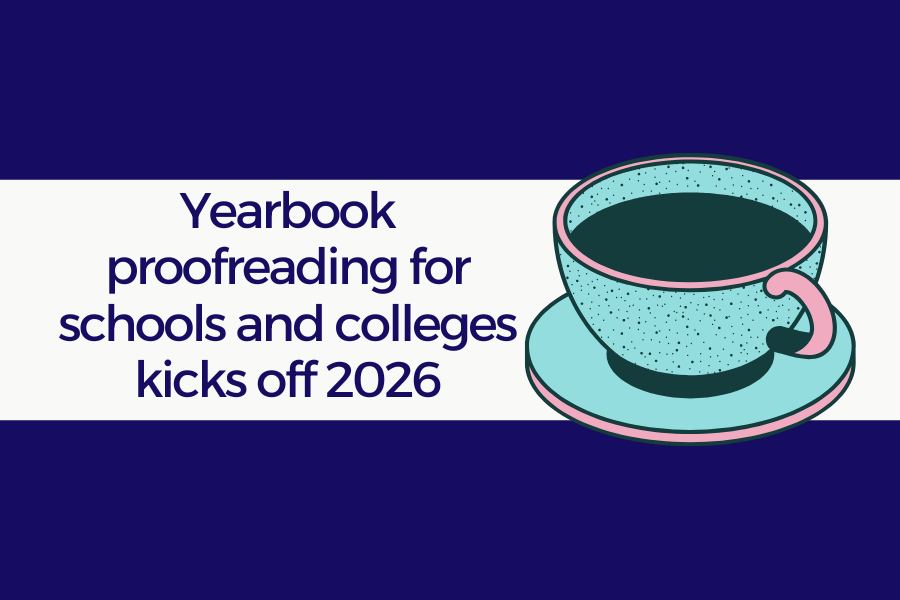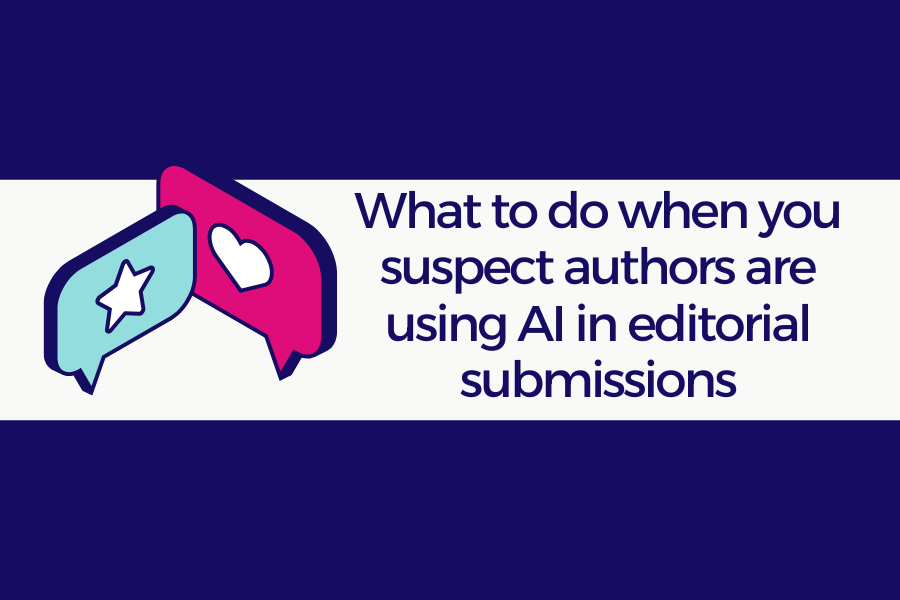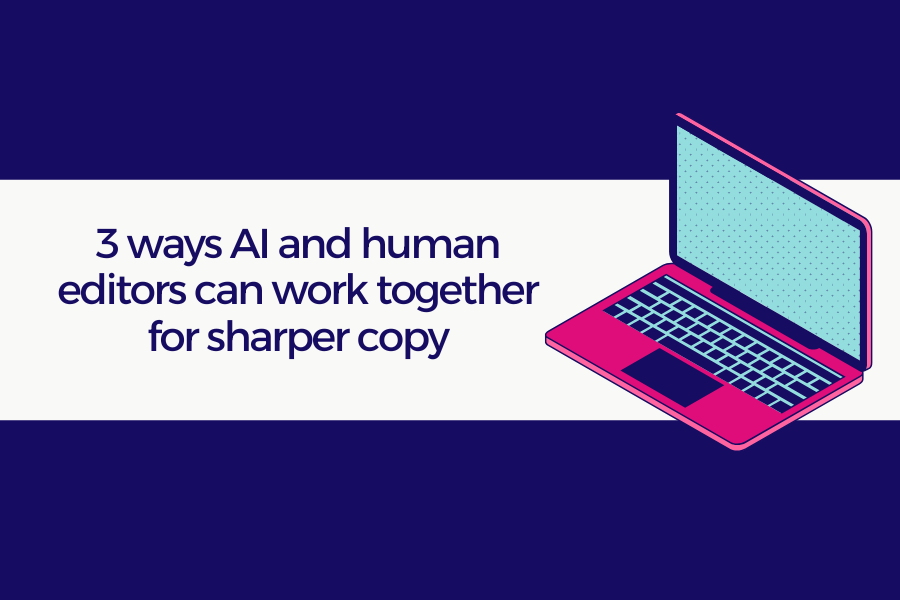We love an editing tool, but how reliable are they?

In the Bond film, Spectre, there is a scene where M (Ralph Fiennes) is arguing with C (Andrew Scott) about why technology does not replace the human side of espionage, defending his reasons for sending James Bond on a secret mission. He says, "A licence to kill is also a licence not to kill." He's highlighting, of course, the fact that sometimes, in the field, a spy needs to make judgements – judgements about human interaction and meaning that a piece of software cannot possibly make.
It might seem a random link to the world of proofreading, but bear with me ...
Words have power and, okay, we aren't talking about deep undercover work here, but the typical copy coming from a business looking to connect with its customers or stakeholders ... promotions, reports, brochures, websites and the like.
Yes, proofreaders will use 'tech' such as spell checkers and shortcuts as part of the review process, but they certainly won't rely on them. They understand that these are nice-to-have options alongside a wealth of human knowledge and experience. Spell checkers miss a lot!
Here are some examples from one brochure we proofread for a high-end travel agency ... offering the kind of holiday experiences that many people can only dream of.
Two popular spelling and grammar checkers missed the following typos:
- incorrect spelling of St Moritz (was spelt St Mortiz in one of the four places it was mentioned)
- 'Nothing beats gliding down pristine ski slopes in a winter wonderland – the crisp air energising you as whizz past snow-covered pine trees.'
- 'The tours in our portfolio are design to help you get to the heart of your destination.'
- '...let little one’s go wild in the Kids Club.'
The spell checkers did pick up some errors, but don't be fooled into thinking they are 100% accurate. As well as the above, the software missed a quote repetition across two pages, lower case on proper nouns, improper use of hyphens, and errors in cross-referencing page numbers... not all errors a spell checker would be expected to find, but certainly things a client would want to be flagged before their brochure goes out the door. They also suggested numerous changes that were unnecessary or grammatically incorrect in the context.
A licence to correct is also a licence
not
to correct.
A proofreader isn't just someone who enjoys reading and is 'quite good with words', relying on spell checkers to do the hard work. A proofreader will scrutinise a document – through the eyes of their client and their client's target audience. They are trained in reviewing copy so that typos are picked up, grammar is clear and the entire document is user-friendly, with cross-references and content linking to the right places.
But we will also use our judgement to know when an amend is required, and when it is not. Clients often don't appreciate wading through numerous minor amends when they are up against a deadline – while some clients just need those 'howlers' catching. Yes, we'll often run spelling and consistency checkers, but we never rely on them. We judge every amend according to the copy in front of us, not what a bot wants us to change.
The proofreaders and editors at Ultimate Proof Ltd have the breadth of skill and knowledge needed to provide a thorough and efficient proofreading service. If you have a proofreading project in mind and would like to speak to a proofreading 'double o', get in touch with Kelly who will be happy to advise you on the best approach to take.
The Edit Desk





